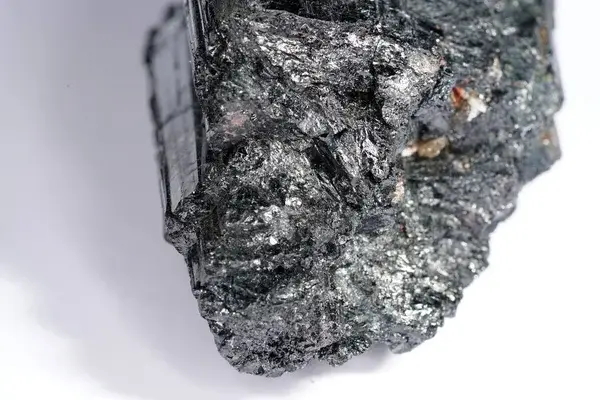
Description
Lithium is a soft, silvery-white alkali metal that is highly valuable in various industries due to its unique properties, such as its low density and high electrochemical potential. It is primarily extracted from ores such as petalite (LiAl(Si2O5)2), lepidolite (K(Li,Al)3(Al,Si,Rb)4O10(F,OH)2), and spodumene (LiAl(SiO3)2), as well as from subsurface brines. Lithium is essential for producing glass, aluminum products, and, most notably, rechargeable batteries.
As the global focus intensifies on counteracting climate change and reducing fossil fuel dependency, lithium has become a crucial resource for supporting renewable energy solutions. Its applications in electric vehicles (EVs) and energy storage systems highlight its central role in enabling a sustainable future. From our smartphones and portable devices to the expanding EV market, lithium’s versatility makes it indispensable in modern technology and industry.
Specifications
- Purity Levels: Available in various grades based on industry requirements, including:
- Battery Grade: High-purity lithium carbonate or lithium hydroxide for EVs and energy storage systems.
- Industrial Grade: Lower-purity lithium used in glass, ceramics, and aluminum production.
- Processing Details: Extracted via:
- Hard Rock Mining: Primarily from spodumene and petalite ores, which are processed through crushing, roasting, and conversion to extract lithium compounds.
- Subsurface Brines: Lithium is extracted through evaporation ponds, refining the brine into usable lithium carbonate or lithium hydroxide.
- Sourcing Locations: Our lithium is sourced from reliable and sustainable mining operations worldwide, including Afghanistan and Nigeria, ensuring consistent quality and supply.
Applications
Lithium’s properties make it an essential element across several industries:
- Battery Manufacturing:
- Used in lithium-ion batteries for smartphones, laptops, and tablets.
- Key component in Electric Vehicle (EV) batteries, supporting the global shift towards clean transportation.
- Utilized in energy storage systems for renewable energy grids.
- Glass and Ceramics:
- Improves durability and strength in specialty glass and ceramics, enhancing products like cookware and architectural glass.
- Aluminum Production:
- Acts as an additive in the aluminum smelting process, lowering melting temperatures and improving metal quality.
- Pharmaceutical Industry:
- Lithium compounds are used in medications for treating mental health disorders, such as bipolar disorder.
